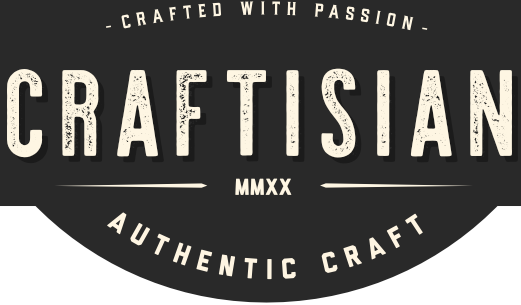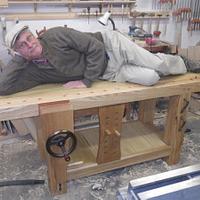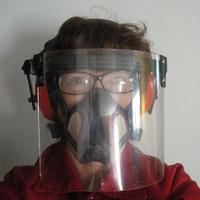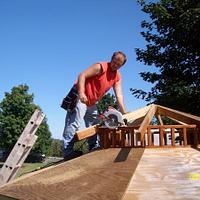
MontyJ
in almost 12 years
Resawing with TS
I’m starting my very first woodworking project over the weekend. I’ll be building a cantilevered 3-tier sewing box for the wife. There will also be a drawer in the bottom portion. I have 4/4 KD rough cut ash in the shop now for the boxes. The hinge levers and handle will probably be walnut.
Couple of questions…First, I’ll run it through the jointer and planer to square it up, then when I resaw it close to finish thickness (probably 1/2"-5/8") should I cut some off of each side? Or, should I just run it through the planer to thickness?
I made a few test cuts last weekend, and everything bowed after cutting. I was informed that I probably didn’t let it acclimate to the shop long enough. I started as soon as I got it home from the mill, so there’s an oops. I checked some of the pieces yesterday, and found that they are actually trying to straighten out some.
I’m not overly concerned about making firewood at this point. I understand there’s a learning curve and it’s going to happen a lot at first. That’s one of the reasons I chose ash for this project; it’s cheap at $1.50/bf. But, I don’t want to keep making the same mistakes over and over again.
So, any advice for this new apprentice?
Where are the band-aids?---Pro Libertate!
9 Replies
Is the lumber kiln dried?
Bondo Gaposis
Yes, it’s 4/4 KD rough cut.
Where are the band-aids?---Pro Libertate!
Generally speaking, you want to take approximately the same amount of material off each side. The thought behind that is it will maintain the moisture equilibrium. In reality, you’re seldom able to do that due to imperfections in the material.
On furniture grade projects, I try to dimension the material in stages and let the material “settle” after each milling. This lets the internal tensions relax so you can get straight material.
Personally, I wouldn’t use a tablesaw to dimension the material. Since you have a planer and jointer, those are the tools of choice, especially the jointer. Use the jointer to “face” the material and then the planer to get close, say within 1/8", and then let the wood rest for a couple of days. You’ll have much more stable material.
Keep us posted on your progress.
Artisan Woodworks of Texas- www.awwtx.com
+1 on planing both sides. I was just working on a piece of 4/4 Purple Heart that must be case hardened. I resawed it in three pieces for the bottom and another piece without first thickness planing the full board. The two outer pieces cupped so badly they were unusable while the center piece was fine. I planed another piece of the board on both sides before the resaw process and had no problem with them.
As suggested, plane, resaw and plane to NEAR final thickness then let them relax while stickered up for a few days before planing to final thickness. Any cupping should be slight and one side should be flattened (in any of myriad ways) before running it through the thickness planer.
Monty, I’d love to know where you are getting kiln dried ash for $1.50 / bf. Is that random widths and lengths ? My local yards are mostly a dollar more than that, and then they try to play games with the price when you get there by charging extra for “shrinkage”, etc., even though that’s illegal.
I would resaw, then stack and sticker for a few days to let the wood equilibrate for a few days before using.
Bondo Gaposis
I started on the bottom portion of the box today. The pieces are cut to 1/2" over length and jointed/planed just until smooth and square. I’ll let them rest a few days and take a little more off of each side. Thanks folks. Here are a few pics…not much to look at, but it’s a start:
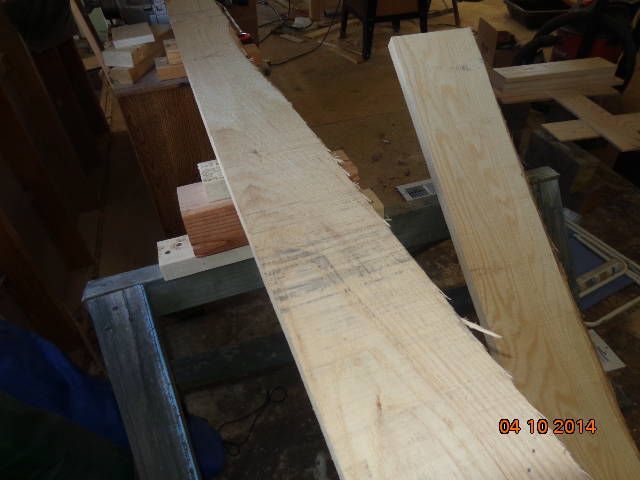
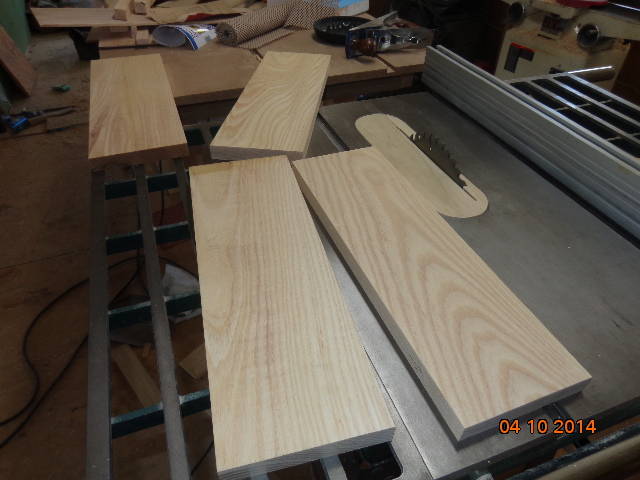
Maybe I’ll start a blog…
Yonak,
They are only about 40 minutes from me. I have only been there once, last Saturday. They were very nice and extremely helpful. The wood is random widths, but is all 8’ lengths.
Where are the band-aids?---Pro Libertate!
Monty,
One thing I have learned is that my planer often gives me snipe at the ends of my boards so I don’t generally cut anything to length until after I’ve planed it close to thickness. If I don’t have that option, then I only plane it to about 1/16" more than I need for thickness and finish it up with my thickness sander to remove the snipe.
L/W
“Those who would give up essential Liberty, to purchase a little temporary Safety, deserve neither Liberty nor Safety.” Benjamin Franklin
I have been pretty fortunate with my planer. I took the time to set it up and ran a number of test pieces through it as I did so. It rarely snipes and when it does it’s so light that a ROS can take it out. Lucky for me too, since I don’t have a drum sander.
Where are the band-aids?---Pro Libertate!








